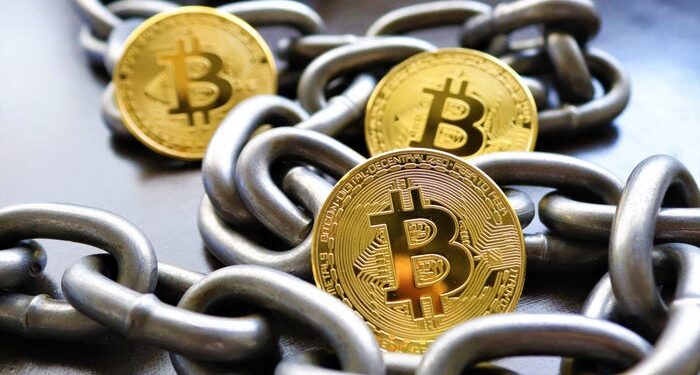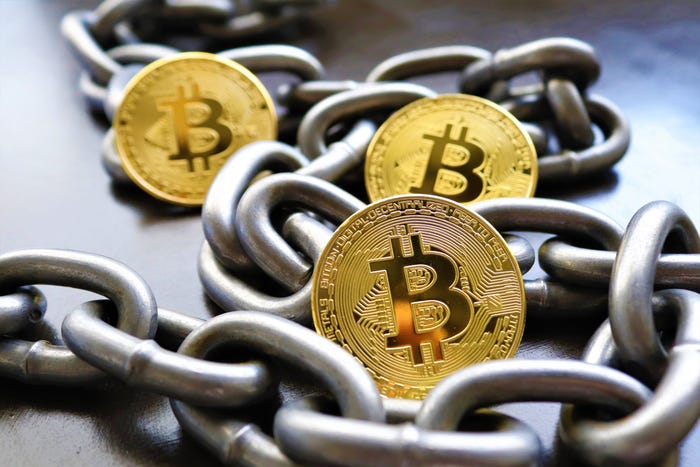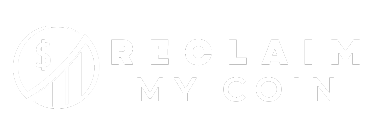

In the rapidly evolving world of securing cryptocurrency, safeguarding your digital wealth has never been more critical.
As the digital age continues to redefine how we manage our finances, the security of your cryptocurrency holdings becomes paramount.
Whether you’re a seasoned trader or just getting started, understanding and implementing the best practices for securing cryptocurrency is essential to protect your investments.

In this article, we will explore the top practices that will help you safeguard your digital assets effectively.
1. Use Hardware Wallets for Cold Storage
One of the most secure methods for storing your cryptocurrencies is through the use of hardware wallets. These physical devices, such as Ledger Nano S or Trezor, store your private keys offline, making them impervious to online threats like hacking and phishing. Hardware wallets provide an extra layer of protection against unauthorized access and are an excellent choice for long-term storage of your digital wealth.
2. Employ Strong Passwords and Two-Factor Authentication
Just as with any online account, the strength of your passwords is crucial. Ensure that your cryptocurrency exchange and wallet passwords are unique, complex, and not easily guessable. Combining uppercase and lowercase letters, numbers, and symbols is a good practice. Additionally, enable two-factor authentication (2FA) wherever possible to add an extra layer of security. This second verification step provides an additional barrier against unauthorized access.
3. Regularly Update Your Software
Cryptocurrency wallets and exchanges often release software updates to address security vulnerabilities. Be proactive in keeping your software up to date to ensure you benefit from the latest security enhancements. Neglecting these updates may leave your assets exposed to potential risks.
4. Beware of Phishing Attempts
Phishing attempts are prevalent in the cryptocurrency world. Hackers often use deceptive emails, websites, or social engineering tactics to trick you into revealing your private information. Be vigilant and always verify the authenticity of the websites you visit and the emails you receive. Double-check web addresses and never share your private keys or login details.
5. Secure Your Recovery Seeds
When setting up a cryptocurrency wallet, you will typically receive a recovery seed – a series of words that can be used to recover your wallet in case of loss or damage. Keep this recovery seed in a safe and secure location, preferably offline. It’s your backup plan in case you ever lose access to your wallet.
6. Educate Yourself Continuously
The cryptocurrency landscape is constantly changing, with new threats and security measures emerging regularly. Stay informed by following reputable cryptocurrency news sources and forums. Knowledge is your best defense against potential threats.
Protecting your digital wealth is not only a matter of financial security but also of peace of mind. Implementing these best practices will significantly reduce the risk of losing your cryptocurrency assets to theft or scams. As the cryptocurrency market continues to evolve, staying vigilant and informed is your best ally in securing your digital investments. Remember, your digital wealth is your responsibility, and with the right precautions, you can enjoy the benefits of the crypto world securely and confidently.
7. Consider a Multisignature Wallet
Multisignature (multisig) wallets add an extra layer of security by requiring multiple signatures to authorize a transaction. These signatures typically come from different devices or individuals. By utilizing a multisig wallet, you can ensure that no single point of failure can lead to unauthorized access to your funds. This approach can be especially useful for those with significant cryptocurrency holdings.
8. Diversify Your Holdings
Diversification isn’t just a strategy for financial investment; it can also help you mitigate risks associated with cryptocurrency security. Avoid putting all your assets in a single wallet or exchange. Spread your investments across different wallets and platforms. If one becomes compromised, you won’t lose everything.
9. Set Up Alerts and Monitoring
Monitoring your cryptocurrency accounts and wallet addresses can provide early detection of suspicious activity. Many cryptocurrency platforms offer notification and alert services that will notify you of any unusual transactions or login attempts. Staying vigilant with your accounts can help you respond swiftly to any potential security breaches.
10. Use Secure Wi-Fi Networks
When accessing your cryptocurrency accounts and wallets, ensure you are using a secure Wi-Fi network. Avoid using public Wi-Fi networks, which can be more susceptible to hacking attempts. A virtual private network (VPN) can add an extra layer of security when accessing your accounts from different locations.
In a world where digital assets are increasingly becoming an integral part of financial portfolios, securing your cryptocurrency holdings is a non-negotiable priority. By following these best practices, you can significantly reduce the risks associated with theft, fraud, and loss of your digital wealth. Remember that your financial security is ultimately in your hands, and with the right approach, you can enjoy the benefits of cryptocurrencies without compromising your peace of mind. Stay vigilant, informed, and proactive in securing your digital assets, and you’ll be well on your way to a safer and more prosperous crypto journey.

